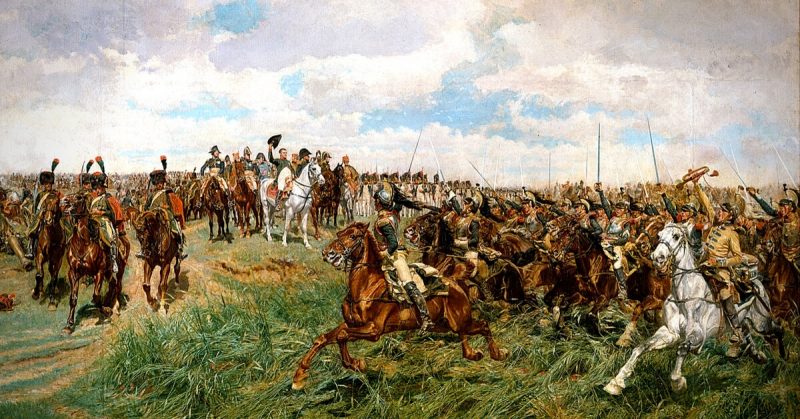The awesome power of the Napoleonic Empire was built on the blood and courage of millions of soldiers. Though Napoleon is remembered as an icon of France, the men who fought for him were not all French. They came from different nations and were driven by different motives.
The “Old French”
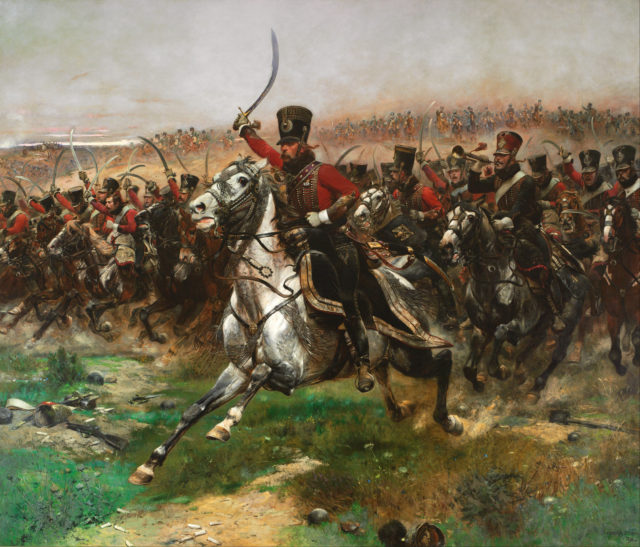
The core of Napoleon’s army came from “old France”, the area that had been French before the revolutionary wars and Napoleon’s vast campaigns. These men were French to the core, fighting in a national army for a national cause, under the most inspiring leader their nation had ever produced.
Though recruited from the same territory, the Napoleonic old French soldiers were a different group from those who had fought before the French Revolution.
The officer corps had been transformed by the bloody churn of revolutionary politics. Until 1789, the French army had been led by aristocrats, as European armies had been since the dawn of recorded history. The loss of their traditional power and the threat of the guillotine led many of these men to flee France.
Those who remained, and who survived the purges, were joined by professionals of more humble background but greater professional skill, whether of truly lowly stock or junior aristocracy like Napoleon himself.
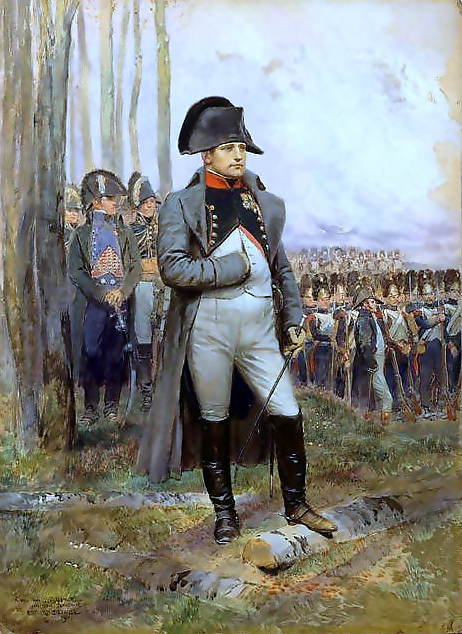
The ordinary soldiers were also a different group. The fervour with which French revolutionary governments tried to spread the flame of revolution, and the reaction from the rest of Europe, put France at war with many of its neighbours.
To fight these wars, more men were needed than ever before, and so conscription was introduced for the first time in modern Europe. Men from all over France and all walks of life were drawn into the army. Many were not motivated by the conventional interests of soldiers – pillage and pay. Instead, a proud sense of revolutionary and nationalist identity bound them to the army, the nation, and their commanders.
While these old French were the core of the army, they did not make up the majority. Between a third and two-fifths of Napoleon’s soldiers were what we would label as “French.” The rest came from beyond the old borders.
Men from Non-French Departments
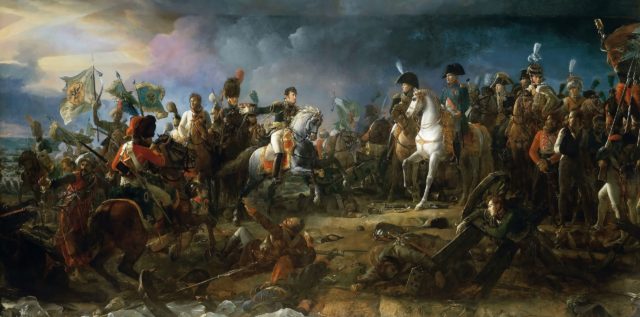
Success in the war led to conquests. Though Napoleon did not take every defeated nation under his rule, many regions became part of a new French Empire. From Rome in the south to Hamburg in the north, Barcelona in the west to the Dalmatian Coast in the east, a previously unconnected selection of territory became French.
These non-French departments of the French Empire were obvious areas for recruitment. As in any conquest, there were collaborators as well as those who resisted or simply accepted their change of circumstances. For professional soldiers from these regions, the choice was between fighting for Napoleon and leaving their country.
Their homes had often been part of distant empires disconnected from their lives, and the biggest difference between fighting for the French and fighting for the Holy Roman Empire was that they would get to win.
For others, there was a principle at stake. In the early days, before he was made Emperor, Napoleon led a revolutionary nation promising greater equality and rights for all. Even after he became Emperor, France was still the most egalitarian and rational state in Europe, and those with revolutionary principles were keen to expand and defend their new way of life.
Auxiliaries from Satellite States
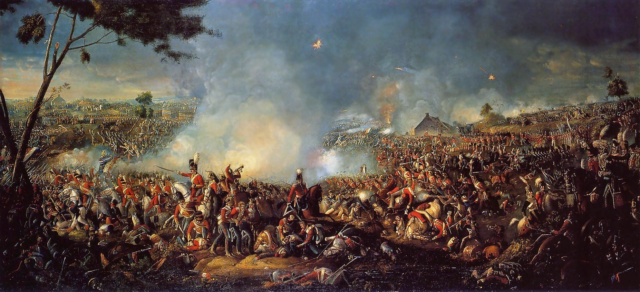
As well as the territories under direct control, imperial France acquired a selection of satellite states, such as the Kingdom of Spain and the Kingdom of Italy. Broken militarily by Napoleon’s armies, they were bent to his political will. New leaders were installed, including members of Napoleon’s family. Though not part of the French Empire, they were part of a wider political system.
These satellite states were vital to Napoleon’s military strategy. Along with the Empire, they maintained a hostile stance toward Britain – the fleet famously beaten by Admiral Nelson at Trafalgar was made up of Spanish as well as French ships.
They also contributed to French armies on land. As with the eagle standards the French followed into battle, Napoleon took a leaf out of the Roman imperial play book. Satellite states provided auxiliaries rather than units for the core of the army.
These soldiers had the most ambiguous position within the Napoleonic armies. Theoretically, they were fighting for their countries, and many may have retained those motives. As with the conquered territories, some professional soldiers were happy to fight for whoever would pay them.
But by remaining theoretically independent, these nations retained some national spirit and a sense of existing separately from the French army, along with resentment at being ordered around by French commanders. In Spain in particular, they fought their fellow countrymen in a brutal war that gave us the term “guerrilla”. It was a strange position to be in.
Foreign Deserters and Volunteers
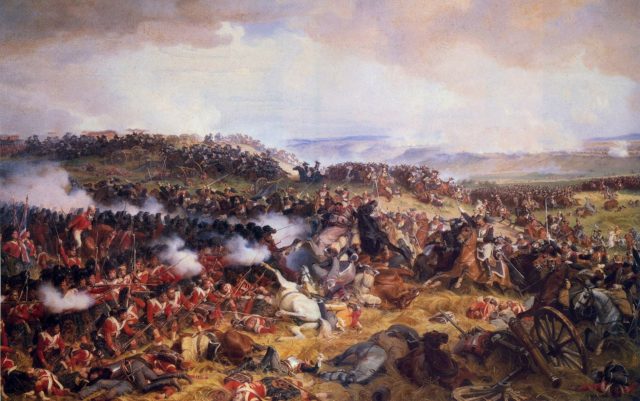
Lastly came the deserters and volunteers. The cause of French revolutionary politics drew men to fight for this reformed and expanding nation, especially in the early days when it promised the possibility of republican government across the continent.
As in the Spanish Civil War of the 1930s, men from elsewhere in Europe came to fight for a nation because of the principles it represented. Of course, there may have been more cynical defections – men who saw the writing on the wall for the nations they defended against the French, or who saw a potential for better conditions in the new army. But this cannot explain all the Irishmen, Prussians, Portuguese and others who came from outside the Imperial system.
These men were clearly regarded as more reliable than those of satellite nations. They were integrated into French units, settled in France, and became part of the nation.
